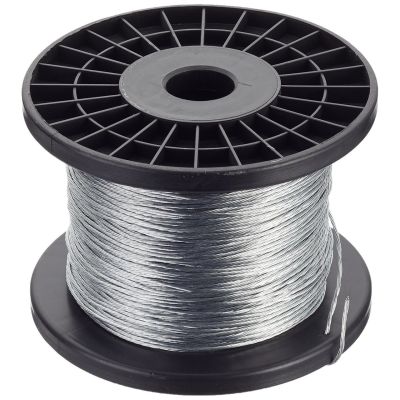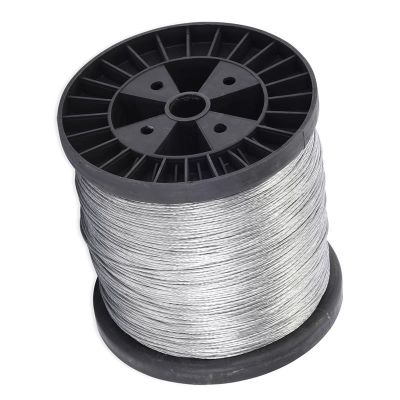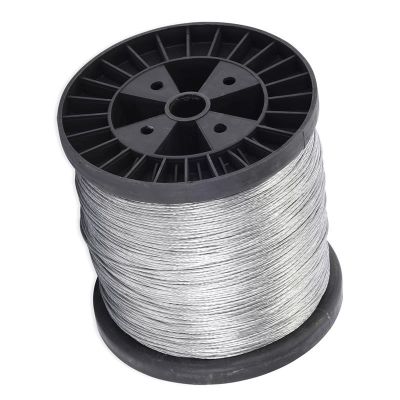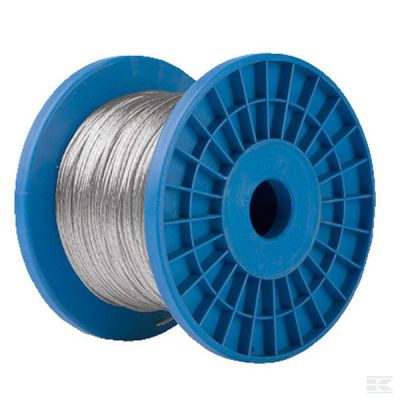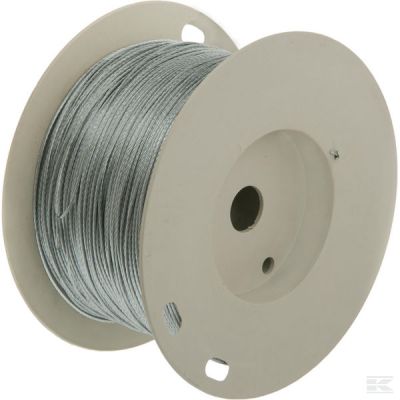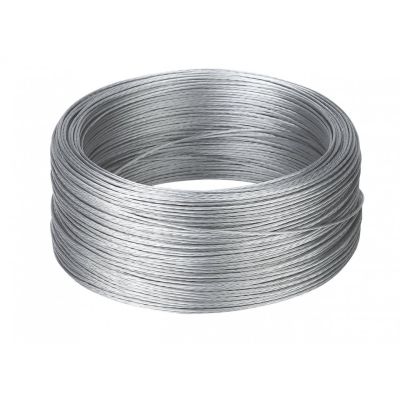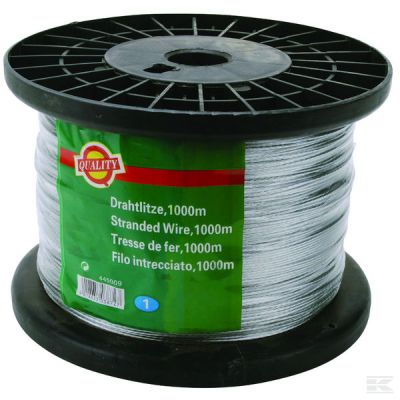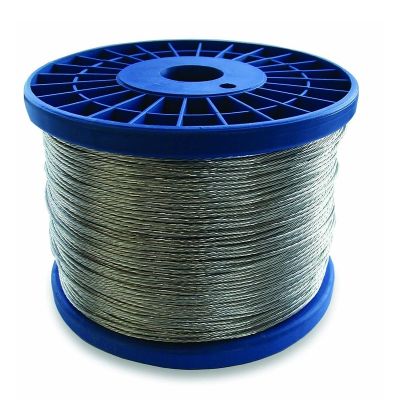Stranded Electric Fence Wire
- Animal Husbandry 904
- Leisure 1850
- OX Wheelbarrows 44
- Workshop 1765
- Fasteners 6754
- Fencing 608
- Agricultural Machinery 6112
- Hoses. Pipes. Pumps & Fittings 79
- Tractors 25
- Brands 3
- Whats HOT 64
Fence wire for use with electric fencing and also conventional fencing. Stranded wire is mostly used for temporary electric fencing as it can be put up and taken down easily. Galvanised, aluminium and high tensile wire are for more permanent fencing. Fence wire can be used with cattle, sheep, pigs, poultry and domestic pets.
Electric fence wire comes in various materials and designs, each with its own advantages and applications. Here's a breakdown of the most common types:
Steel wire:
- Pros: Strong, durable, and affordable. Good for permanent fences.
- Cons: Can rust and corrode. Not as visible as other options.
Polywire:
- Pros: Lightweight, flexible, and highly visible. Easy to set up and take down for temporary fences.
- Cons: Not as strong as steel wire. Can break or sag over time.
Stainless steel wire:
- Pros: Rust-resistant and long-lasting. Good for permanent fences in wet or salty environments.
- Cons: More expensive than regular steel wire. Not as strong as braided wire.
The best type of electric fence wire for you will depend on your specific needs and budget. Consider factors such as the type of animals you are fencing in or out, the size of your fence, and the terrain.
Here are some additional safety tips for using electric fence wire:
- Always wear gloves and safety glasses when handling electric fence wire.
- Turn off the fence energizer before making any repairs or adjustments.
- Post warning signs around the fence perimeter.
- Inspect the fence regularly for damage.


